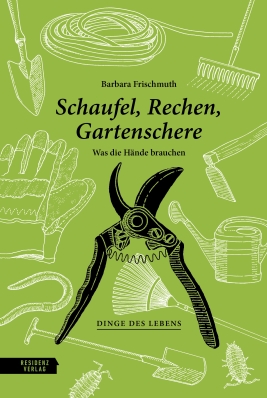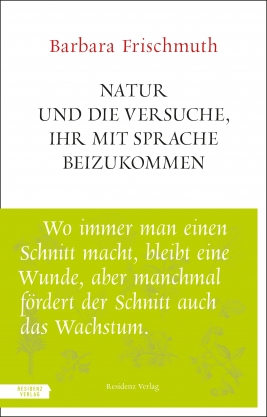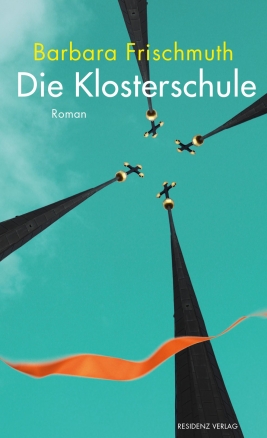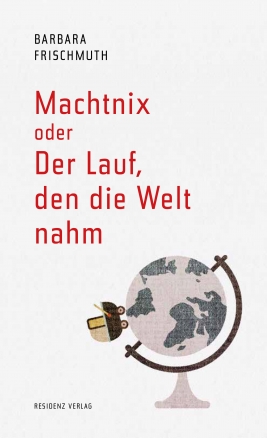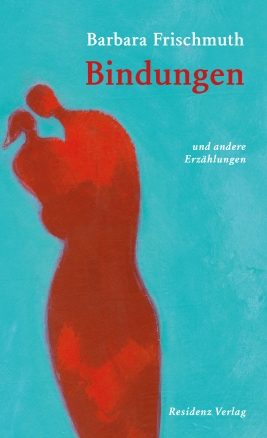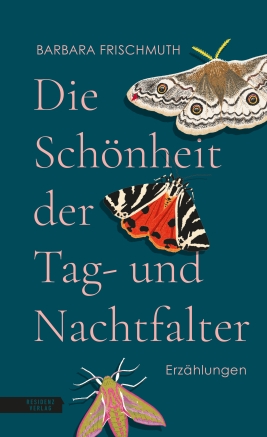
Barbara Frischmuth - Die Schönheit der Tag- und Nachtfalter
Diese kleinen Meisterwerke der Fantasie sind zugleich ein Plädoyer gegen die Ausbeutung der Natur durch den Menschen.
Blau schillernde Käfer, pelzige Nachtfalter, mutige Heuschrecken und flirrende Libellen sind die Held*innen von Barbara Frischmuths neuen Erzählungen. Doch wenn wir genauer hinsehen, so geht es der Autorin nicht nur um sorgfältig beobachtete Insekten: Es geht um fein gezeichnete Symbiosen von Mensch und Natur, um seltene Mischwesen zwischen Mädchen und Käfer, um sprechende Libellen oder um das, was wir uns von den schlauen Heuschrecken abschauen können. Mit liebevollem Humor zeigen uns diese Geschichten, wie sehr wir Menschen Teil der Natur sind. Denn, so wird die Gärtnerin und Dichterin Barbara Frischmuth niemals müde zu betonen: Nur in einem Zusammenleben mit der Natur, das von Respekt und Achtsamkeit geprägt ist, haben wir alle eine Überlebenschance.
Book details
128 pagesformat:125 x 205
ISBN: 9783701718047
Release date: 14.04.2025
License rights
- World rights available






